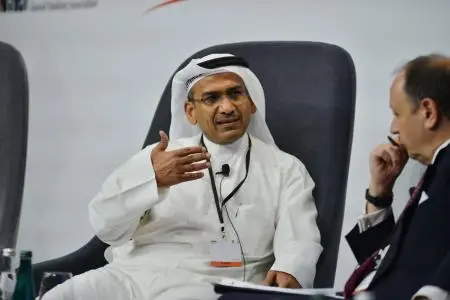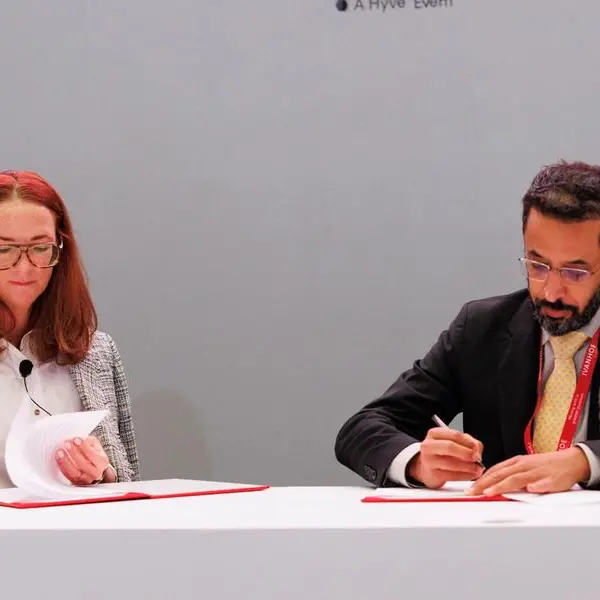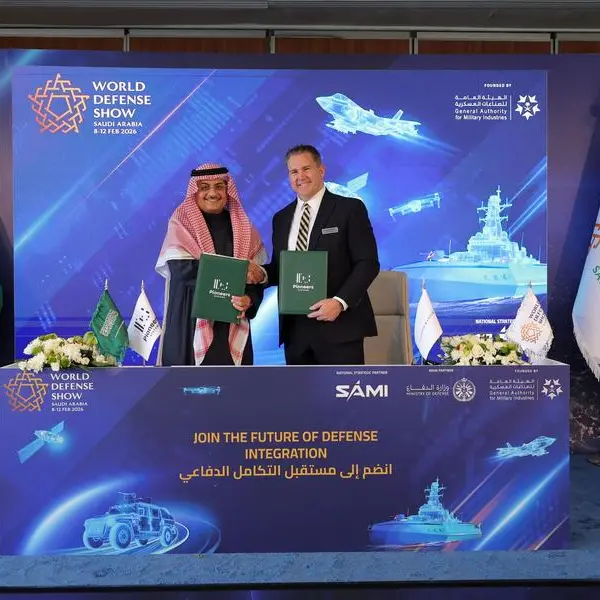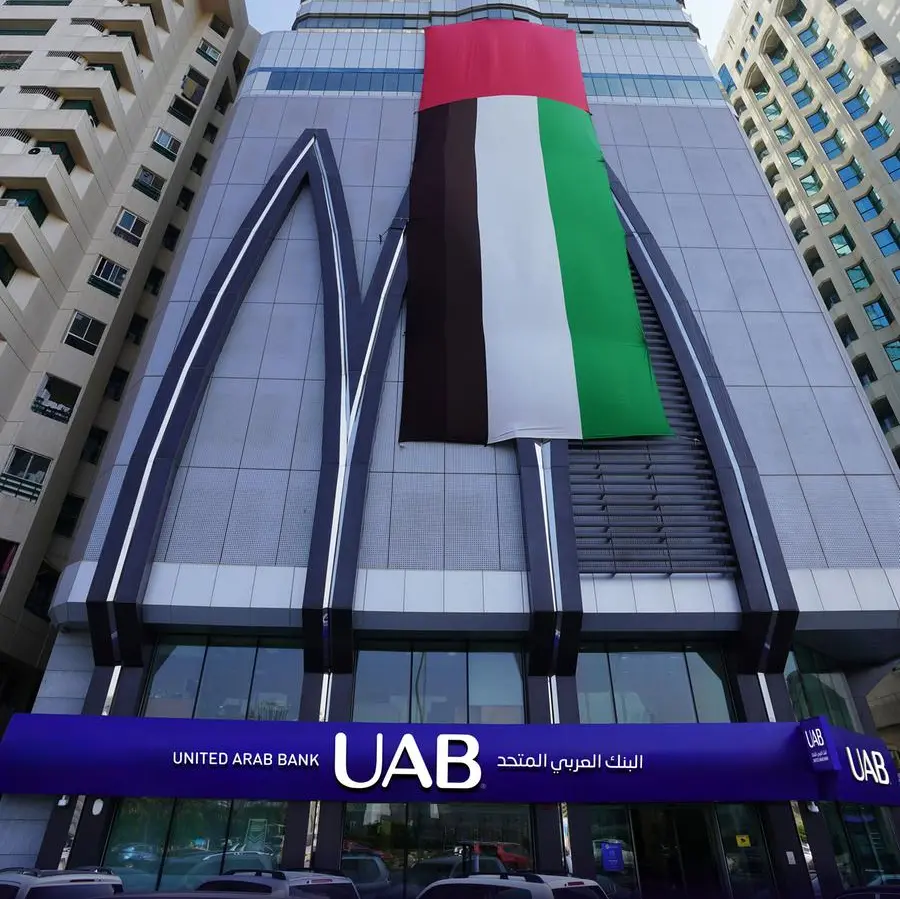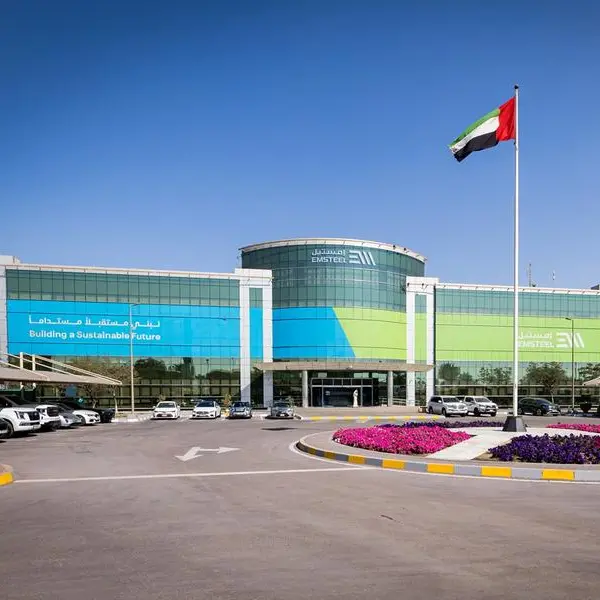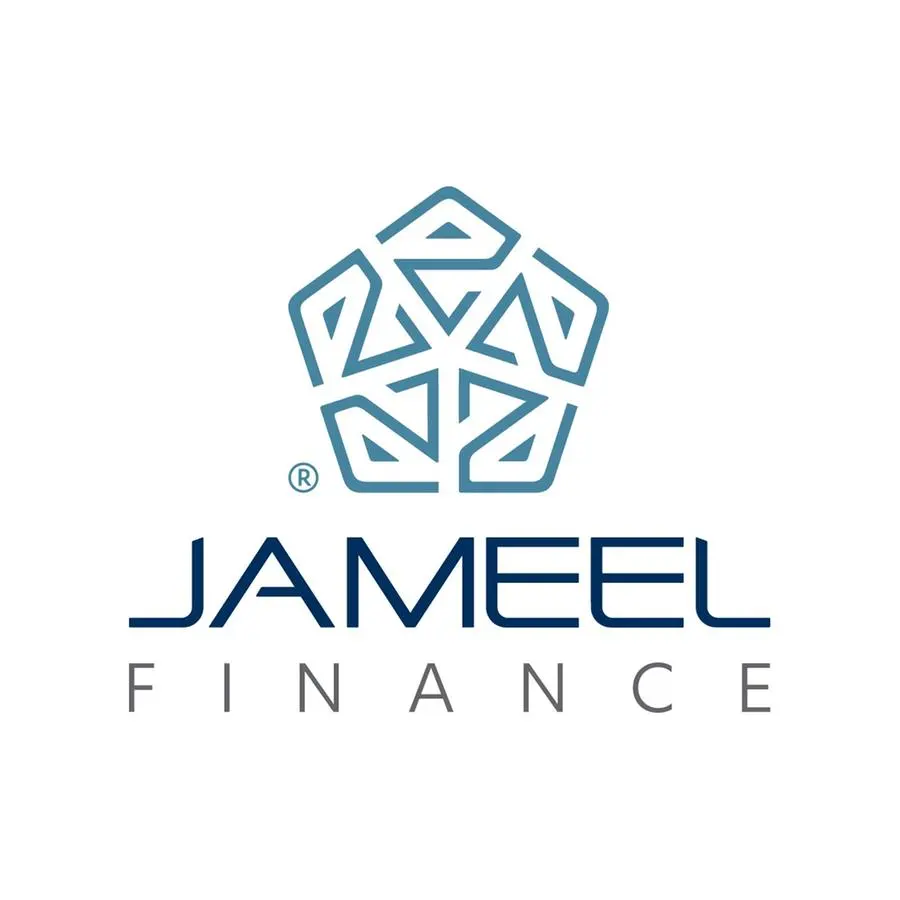PHOTO
- Investment banks incubated & developed many companies leading some to be included in FTSE Russel emerging markets index
- International portfolio managers and family offices clients seek our sector’s expertise due to local challenges that cannot be overcome without solutions we offer
- The hydrocarbon sector crowds out all the liquidity and nothing is left for the institutional money to invest in non-hydrocarbon projects
- How can we move Kuwait market from Frontier to Developed if international consultants advise our institutional investors to invest abroad because Kuwaiti market is too risky?
Kuwait: Mr. Manaf A. Alhajeri, CEO of Kuwait Financial Centre “Markaz” stated, during his key interview at Euromoney Kuwait Conference 2018, that the inclusion in FTSE Russel has been the highlight of the year. He stressed on the importance of asking ourselves about the coming steps in order to achieve sustainable liquidity in the Kuwaiti market.
Alhajeri said, “The inclusion in FTSE Russel is a necessary step for market reforms. However, it is not the only step. We need to ask ourselves, what is next? The country’s efforts to attract foreign investments through borrowings or foreign investments do not only aim to attract foreign liquidity but also to raise the standards of our practices.”
He added, “I think Kuwait’s inclusion in FTSE Russel is about confidence, bringing better practices to the market, institutional investing and shifting the mindset from speculation to institutional investing. I genuinely believe that this should not stop at the stock market itself. It should find its way to other parts of the financial practices in Kuwait such as M&As or AGMs. These could be more professional if they include a multiplicity of institutional investor through mutual funds for example, which should play a much more important role in the future to dance with the international money, in addition to institutional funds from abroad.”
Asked about governance in the private sector, he said: “Listed companies are under thorough regulations by the Capital Market Authority, especially the financial sector institutions including banks and other financial companies like Markaz which are regulated by the Central Bank of Kuwait. I think the financial sector, banks and non-banks, is certainly the best regulated sector in the GCC economy and in Kuwait. I do not think it is over regulated, because they need more transparency, more alignment of interest and more accountability, which leads to higher economic competency. The governance culture in the financial sector has witnessed a huge transformation since the establishment of the CMA. We can do much better in terms of restoring confidence in the stock market.”
Mr. Alhajeri stated, “Now that we attracted foreign funds; I think we need to go back to the domestic institutional funds with a specific strategy for restoring their active role in the market. I am not just talking about domestic funds; I am talking about portfolio managers and key financial institutions in Kuwait, who have played a major role in the genesis of the stock market, even before the advent of the CMA, and should continue with these policies which proved yield strong returns.”
Mr. Alhajeri pointed out that Kuwait has many success stories in the financial sector in comparison with the broad economy which included more challenging topics such as education and health. He stressed that the inclusion in FTSE Russel, in addition to other measures in the same direction, will help in closing the gap between the status of frontier markets and developed markets, which has been a key challenge for the financial sector. “I have to say that the achievements of this sector since the establishment of Kuwait Investment Authority represent key milestones, like in the 1990s when KIA actually launched the mutual funds industry in Kuwait. There have been successes and we need to capitalize on these successes,” he noted.
About the diversity in geographic allocation for Kuwaiti investments, he said: “most of the Kuwaiti investors are either listed companies or family offices, who derive their main wealth from Kuwait, specifically in the local real estate sector, which yields high returns overpassing those in developed countries, but the latter is better in terms of geopolitical stability. These companies require local asset managers to manage their assets and liabilities efficiently. In Markaz for instance, we diversify our investments in different asset classes globally. The general trend so far has been to go to international players who are active in the family office business. With time, we realized that these international managers will come to us, sometimes the family offices themselves, because there are real-life constraints that cannot be overcome without the support of what we offer. The international investment manager does not have the right expertise in the local real estate management for example, which is the largest part of the Kuwaiti investors’ assets.”
When it comes to the challenges that investment companies face in Kuwait in the financial technology field, Mr. Alhajeri said, “There are many challenges facing the financial sector like Fintech and adaption to technology trends in this sector. However, I think Fintech is not something new; it is an area where we keep investing in with more time and resources, especially in the fields of cyber security and client interface.“
He added, “Looking at the business model of a company like Markaz, a company that is in the business of asset management largely institutional and family office money, in addition to investment banking, we and other investment banks, actually incubate the companies you see today in the stock market. Some of them have made it to the global ranking in the FTSE index. Whereas the international money has 16 companies in the premier market, we actually have full view of the 175 companies. We believe that it is our role to enable them to get there and achieve sustainable growth, which is a strength in the investment banking sector in Kuwait. Now the main challenge in a market like Kuwait is that the growth of corporate earnings and bank credit is not strong enough.”
He noted, “The government spending in the economy was not reflected on the listed companies. Not much of that has gone to the well-regulated financial sector. The key challenge lies in the coordination of Kuwait’s economic policies. While we talk about diversifying the economy away from the hydrocarbon sector, we find that the hydrocarbon sector crowds out other sectors when it comes to liquidity and nothing is left from the institutional money in non-hydrocarbon projects. I think that the international consultancy industry are creating this challenge. How can we move Kuwait market from Frontier to Developed if international consultants advise our institutional investors to invest abroad because Kuwait is too risky?”
Mr. Alhajeri concluded, “I am optimistic about the future of the financial sector because it proved its capability to innovate and keep up with the private sector challenges. I am also optimistic about the private sector role with the entry of international players and with the increase of sophistication because there is no way international players can help a company grow without the help of local investment banking and asset management companies, who can help them do IPOs, capital increases, issuance of debts and many more. The local investment institutions with track record and expertise can play an efficient role in attracting investments to all listed companies.”
-Ends-
About Kuwait Financial Centre “Markaz”
Established in 1974, Kuwait Financial Centre K.P.S.C “Markaz” is one of the leading asset management and investment banking institutions in the Region with total assets under management of over KD 1.02 billion as of 30 June 2018 (USD 3.37 billion). Markaz was listed on the Boursa Kuwait in 1997.
For further information, please contact:
Alrazi Y. Al-Budaiwi
Media & Communications Department
Kuwait Financial Centre K.P.S.C. "Markaz"
Tel: +965 2224 8000
Fax: +965 2246 7264
Email: abudaiwi@markaz.com
© Press Release 2018Disclaimer: The contents of this press release was provided from an external third party provider. This website is not responsible for, and does not control, such external content. This content is provided on an “as is” and “as available” basis and has not been edited in any way. Neither this website nor our affiliates guarantee the accuracy of or endorse the views or opinions expressed in this press release.
The press release is provided for informational purposes only. The content does not provide tax, legal or investment advice or opinion regarding the suitability, value or profitability of any particular security, portfolio or investment strategy. Neither this website nor our affiliates shall be liable for any errors or inaccuracies in the content, or for any actions taken by you in reliance thereon. You expressly agree that your use of the information within this article is at your sole risk.
To the fullest extent permitted by applicable law, this website, its parent company, its subsidiaries, its affiliates and the respective shareholders, directors, officers, employees, agents, advertisers, content providers and licensors will not be liable (jointly or severally) to you for any direct, indirect, consequential, special, incidental, punitive or exemplary damages, including without limitation, lost profits, lost savings and lost revenues, whether in negligence, tort, contract or any other theory of liability, even if the parties have been advised of the possibility or could have foreseen any such damages.
